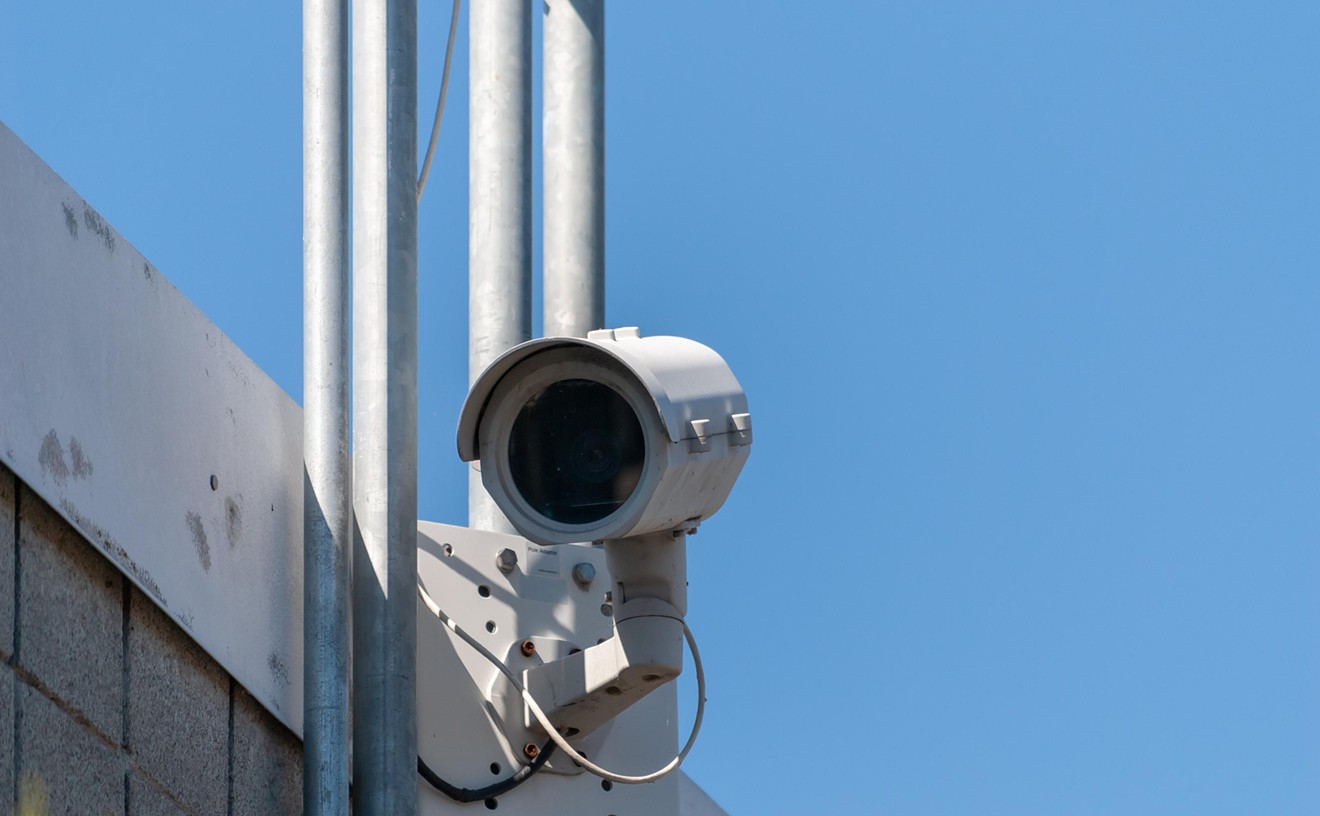Maybe we need some context for this week's debate on Wal-Mart Stores Inc. vs. the tree canopy. After a not-very-uplifting debate yesterday including the line, "Trees do not vote," our esteemed city council voted to allow a developer to decimate a vast swath of the urban forest for a new Walmart at Ledbetter and R.L. Thornton.
Commenters here offered some brilliant insights, including the possibility that in some Dallas precincts trees actually may vote, which would help explain some anomalous outcomes at the polls in the past. But there also was a tendency in the comments to characterize the outcome as a typical stupid Dallas City Council deal.
I'm not here to differ, but the important thing to note may be that yesterday's vote was actually part of a typical stupid global deal. We all seem to be slow in the head -- and by "all" I mean "the species" -- in figuring out the nexus between economics, the environment and the survival of life on our planet.
Poor comes first, and poor is a sliding scale. Maybe poor means not enough food for your baby. Maybe poor means crappier stores than they have across town. Poor is relative. But poor is always very important.
Don't talk to people about the environment until after you've talked to them about poor. Southern Dallas council members, led by Vonciel Hill, told the white council members that they want a viable economy in their part of town before they're going to worry about viable trees. It's a small version of a bigger theme heard all over the Third World: Let us join your economy as full partners, and then we'll talk about joining your green movement.
Solving economic inequity is the first step in saving the ecosystem. Otherwise, forget about it.
I'm not saying that's smart. I don't think any of us is very smart about this.
A U.N. report this year shows that nobody gets hammered by global warming worse than than the poor of the world. Every aspect of climate change from drought to flood to asthma hits poverty-stricken populations sooner and much harder than it hits the people who can afford to buy their way out of harm's way. And then there is the ultimate dismal fact: If we allow global harm to be the dominant trend, then nobody, no matter how rich, buys his way out of harm's way forever.
The U.N. report was not all dismal. It shed light on trends we should all take as encouraging. In Latin America and the Caribbean, 95 percent of people surveyed said that climate change is a serious threat, compared with 68 percent in the world at large. India, Bhutan and Vietnam are now increasing the size of their national forests rather than diminishing them, and deforestation in the Amazon region of Brazil has slowed by 70 percent.
The challenge keenly illustrated by yesterday's debate on a new Walmart is this: You can't ask people to pull together for trees if you're not willing to truly pull together on economic and social equity first. It's just not going to work.
Would people be willing to die, just to make a point about things being unfair? Yeah. Sure. Voting to chop down a gob of trees in southern Dallas is a vote to give more babies asthma, but there you have it. Don't tell people they have to live with what they view as inequity in order to save the planet. They'll die first. In fact, I think that's why our nation exists.
And it works both ways. A refusal to address economic inequity, no matter what ideological principle people think they are upholding, spells absolute doom for the environment. Go ahead and take a rigid stand for individual responsibility. Tell southern Dallas or Brazil that you don't care how poor they are: They have to save those damned trees anyway. Then kiss the trees goodbye.
The environment is not a scientific question. It's a moral, social, political question. We've all got each other by the throat. We all have to blink. Or we can be toast together.
That's what Walmart vs. the trees was all about. I happen to think toast won that one. Let's hope we can do better next time out.











